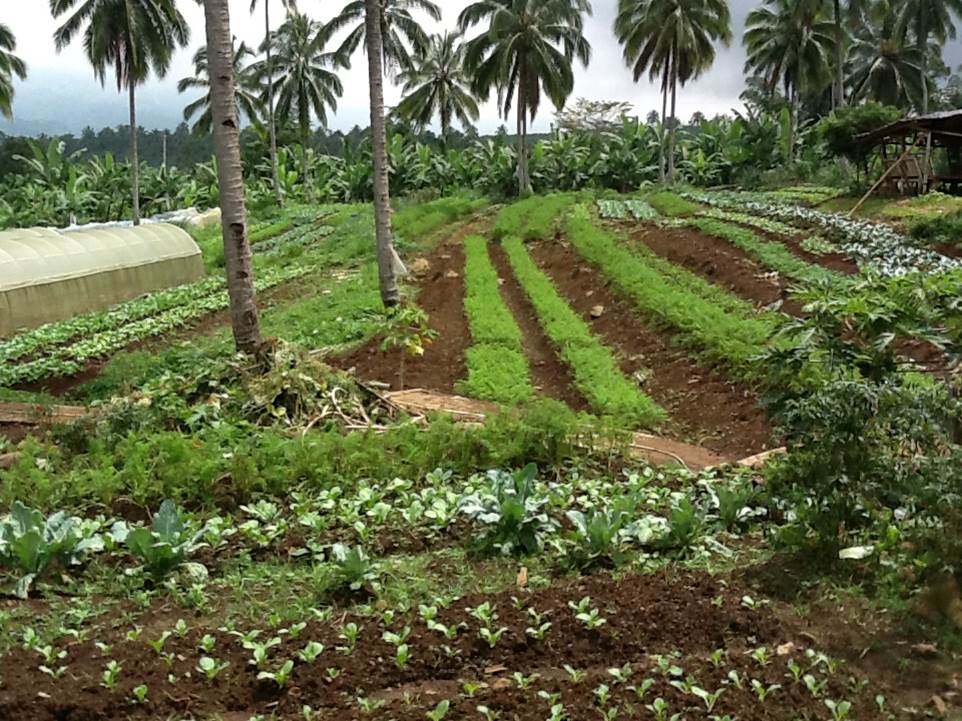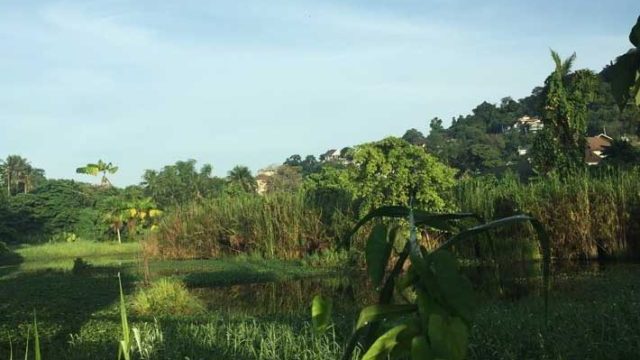IDIS Guidelines for Work and Field Activities
The declaration of General Community Quarantine allows full operation of the non-government organizations despite the shifting schedule and alternative work arrangements. These guidelines aim at ensuring the resumption of office work while protecting all staff against COVID-19 pandemic until public health emergency is lifted. Please read/download the Guidelines for Work While IDIS is implementing alternative work arrangements such as skeleton structure and work-from-home, we see the importance of continuing some field activities that will continuously promote environmental protection and management. However, there is a need to develop guidelines that will ensure the protection of both our employees and partners. Hence, these guidelines will be used as bases for the conduct of activities with partners, policy targets and networks in the field. Please read/download the Guidelines to Conduct Activity with Community Partners
Youth Offer Sustainable Solutions for Davao’s Environmental Problems
Young researchers from Davao City high schools and universities convened to give their share of solutions to the city’s environmental problems including pollution in Davao river and crop loss in banana plantations. Hannah Sheen Lopez of Davao City National High School introduced acommon plant-based organic flocculant made from saluyot leaf extract that she found to have successfully reduced the coliforms and E. coli in the turbid water of Davao river. The solution is cheap and readily accessible to the public, she said, so that water can be treated for household and farm use, especially in a time when water supply can be limited.
Brgy. Sibulan Soon to be Davao’s First Organic Zone

After more than three years of repeated calls to declare Brgy. Sibulan in Toril as an organic agricultural zone, the proposal for the Ordinance is now at the City Council. The proposal has been discussed with Technical Committee on Organic Agriculture members and BLGU during first committee hearing under the Committee on Agriculture led by Councilor Marissa Abella on August 8, 2018. The Sangguniang Barangay of Sibulan has reiterated the call to fast track the approval of the resolution they passed way back in 2014. The City Agriculturist Office also endorsed a draft recommended version of an Executive Order to the City Legal Office last April 26, 2018. But The City Legal Office clarified that under the Organic Agriculture Ordinance, the declaration of an organic zone necessitates an ordinance instead of an Executive Order.
Sibulan as Davao’s No-GMO Zone

Proliferation of genetically modified and chemically produced crops feared by health and environmental conscious Dabawenyos will have no place in Brgy. Sibulan once it is declared as Davao city’s first organic agriculture zone. Davao City Agriculturist Office supported by Association of Davao Organic Advocates await for the Executive Order to be issued by the City Mayor that will prohibit all synthetic and chemical-based farm inputs. The resolution and recommended provisions were endorsed to the City Legal Office last month.
Shrine Hills is Davao’s Urban Center Bird Refuge

As many as 72 species of birds have been documented in Davao City’s Shrine Hills. Twenty of these recorded birds are found only in the Philippines. The area is seen as an urban forest, a much needed green space in the urban district and hailed as the city’s last potential large-tier park based on the public parks study in Davao by New York University. Environmental groups are advocating for Shrine Hills’ continued protection and are proposing the privately-owned publicly open spaces (POPOS) concept as a win-win solution for land owners who want to develop their properties for business. “We managed an impressive 26 species on the day and the total species recorded in the Shrine Hills area now numbers 72, 20 of which are endemic,” said Pete Simpson, Wild Bird Club of the Philippines, who has been making records of birds for Jacks Ridge and other areas in Shrine Hills.
Make Shrine Hills Publicly Accessible Open Space
Davao City — Environmental groups are pushing for a win-win solution to protect Shrine Hills while providing private developers returns for their investments through the adoption of the privately-owned publicly open spaces (POPOS) concept in the City’s Zoning Ordinance. Ecoteneo and Interface Development Interventions (IDIS), NGO members of the Local Zoning Review Committee, along with Davao Shrine Hills Advocates (DSHA) and members of the Sustainable Davao Movement, have proposed amendments to the Urban Ecological Enhancement Sub-Zone provision of the city’s Zoning Ordinance. The proposal endorsed was due for plenary presentation in the City Council session last March 9 but was reverted back to the committee level with the directive to ensure attendance of Shrine Hills land developers who were no-shows during the last hearings. The committee hearing with Shrine Hills land developers has been moved to April 11, 2018 Wednesday at the SP Session Hall.
